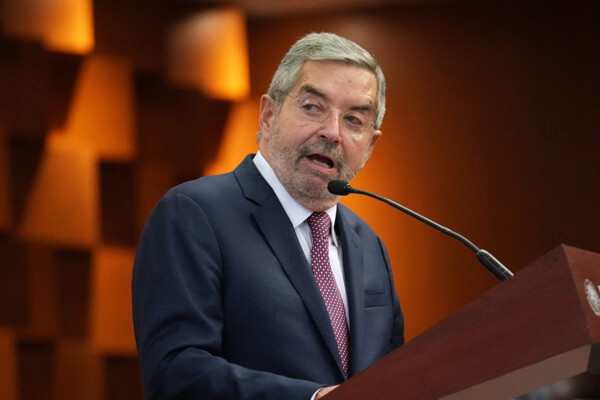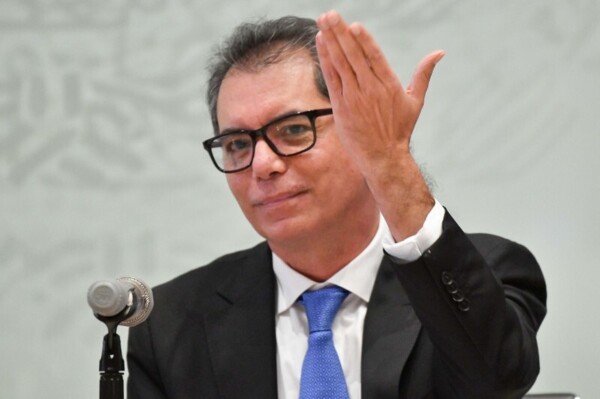
The National Electoral Institute (INE) approved radio and television spots for the judicial election in an extraordinary session of the General Council. According to the councilors, 63% of the promotional content that the INE will broadcast will be dedicated to the federal positions to be elected, while the remaining 37% will be for magistracy and circuit court positions. In total, 48 minutes of messages will be broadcast daily, each lasting 30 seconds, during the period from March 30 to May 28, which will cover the campaigns.
"The schedules, as is customary, consider the transmission of messages from 6:00 AM to midnight and also, as usual, the messages will have a duration of 30 seconds," they explained. Dania Ravel, president of the INE Radio and Television Committee, mentioned that the aim is to guarantee the dissemination of information regarding the judges and access to information for citizens so that they can cast an informed vote.
It was detailed that in the 15 entities that will also renew their local Judiciary in conjunction with the federal election, 2,760 promotions for national positions will be broadcast and 1,560 for circuit courts on each commercial radio station, as well as 2,760 promotions for national positions and 1,680 for circuit courts on each commercial television channel.
In the case of Veracruz and Durango, where there will be local elections for municipal presidencies, the suspension of government propaganda was ordered in all local stations, while at the federal level this will not be halted. This measure generated criticism, especially for the unequal distribution of the time assigned to the mentioned states. For example, out of the total 48 minutes, they will only have seven minutes daily for local positions, which may limit the capacity of local political parties to communicate their messages and proposals to voters.
Víctor Hugo Sondón, representative of the PAN, pointed out that this situation goes against the principles of equity and democratic representation, while Emilio Suárez, representative of the PRI, emphasized that Article 41 of the General Law of Institutions and Electoral Procedures, as well as the Radio and Television Regulations, would be violated.













